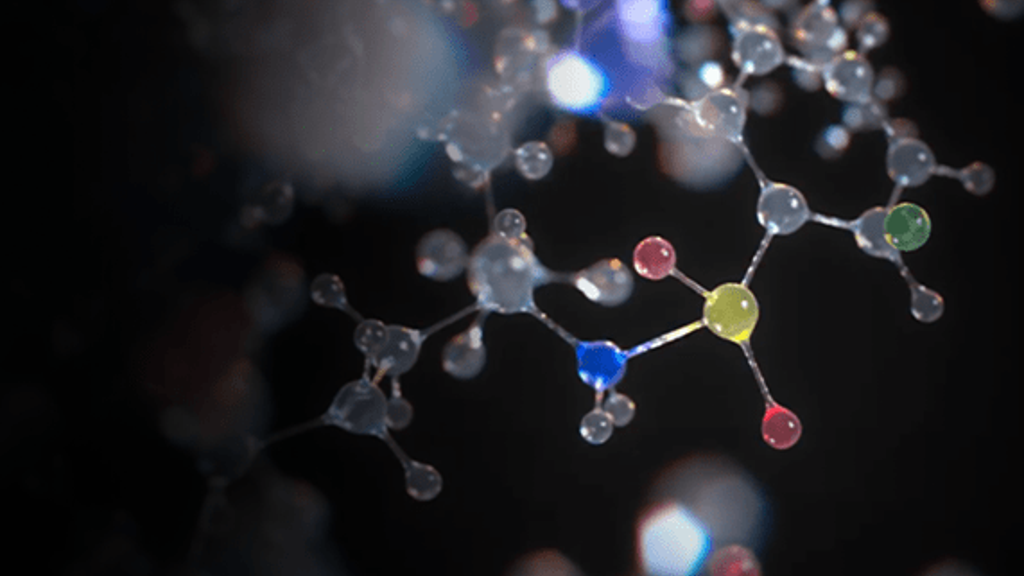The virtual Summit offers a full day of discussions, best practices and insights that will help to create robust applications from biopharma to medical imaging.
This is an opportunity to learn from industry leaders: NVIDIA supports more than 12K startups globally through the Inception program, its virtual accelerator, with nearly 2,000 startups in the healthcare industry. NVIDIA technologies are used by organizations worldwide to accelerate their research and fuel discoveries.
Highlights of the Summit
- 10 hours packed with knowledge from experienced developers: NVIDIA, RelationRX, Rhino Health, Quantib, ImFusion
- Focus on healthcare and life sciences and tools that can help to build your product faster and cheaper
- Recent advances in deep learning, AI, genomics, federated learning, radiology, natural language processing
- Practical applications of technologies like transformer-based machine learning, geometric deep learning, diffusion model
What to expect?
Computational biology and drug discovery have experienced unprecedented acceleration during the COVID-19 pandemic. The healthcare and life sciences ecosystem is innovating to make the most of these new opportunities for advances in science and to benefit patients. During the Summit, the participants will get an overview of the tools, platforms and services NVIDIA created to support developers in this domain, from drug discovery to medical imaging. You will be able to explore recent breakthroughs across life sciences and the methods and techniques used to enable such advancements. Software developers and scientists can use NVIDIA open-source frameworks in the cloud, on-premises, or in a hybrid approach. This enables faster results by any healthcare technology startup, regardless of their funding stage.Why should you attend?
“NVIDIA Healthcare Life Science Summit is a once-a-year virtual event. The local developers and startups can connect with NVIDIA, the leading AI computing company, to speed AI development and deployment in healthcare and life sciences,” says Renee Yao, Global Healthcare AI Startups Lead at NVIDIA. During this one-day webcast, developers will be able to learn what AI tools are freely available for them to use in medical imaging, instruments, genomics, and drug discovery. They can also learn from their peers and see how they are using these tools and what success they have seen thus far. “The ability to leverage existing resources is key to surviving and leapfrogging competitors. Upon selecting the right tools and frameworks, many startups are seeing 75% less labeling need, 100x speed up, millions of dollars saved, and more importantly – millions of patients served,” adds Yao. Key topics at a glance- Protein Language Models For Protein Science, Design And Engineering
- Learning Gene Cis-Regulation Using LLM And Cambridge-1
- MONAI Label: A Framework For Interactive Image Annotation Through AI
- Practical Federated Learning and Distributed Computing for Healthcare with the Rhino Health Platform
- Accelerating Deep Learning Model Development For Radiology With MONAI
- The Challenges Of Medical Imaging R&D In The Era Of Deep Learning
- BioNeMo and NVIDIA Life Sciences NLP
- Deep Learning and Acceleration In Genomics On GPUs
- Hassle-Free Compute Scalability For Startups And Enterprises






